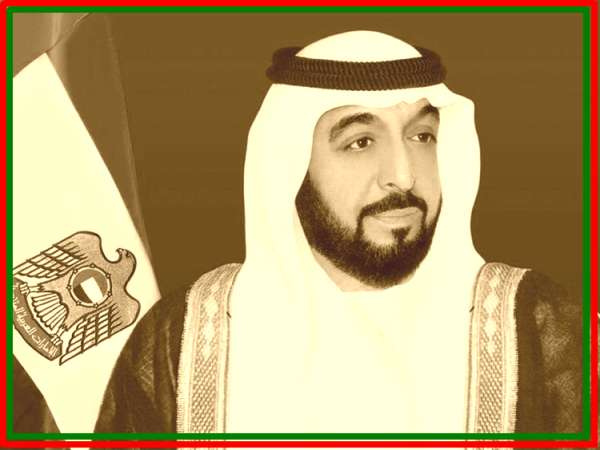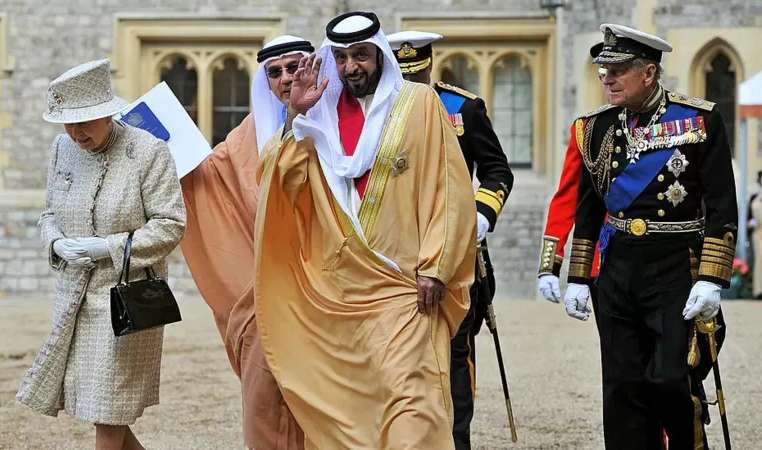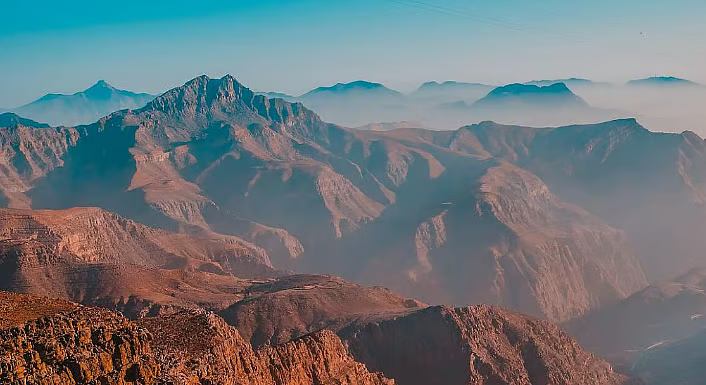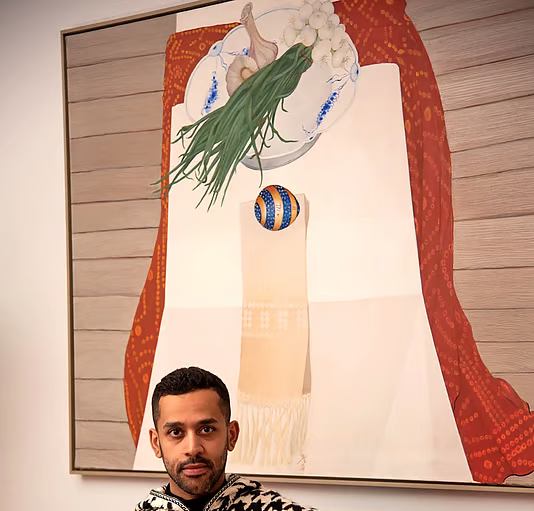A Look at Life Of Sheikh Khalifa Bin Al Nahyan

Sheikh Khalifa bin Al Nahyan: Who was the President of the United Arab Emirates passed away today 13th May 2025?
His Highness Sheikh Khalifa assumed the rule of the Emirate of Abu Dhabi immediately after the announcement of the death of his father, HH Sheikh Zayed on November 2, 2004
Today 13th May 2025, Sheikh Khalifa bin Zayed Al Nahyan, President of the United Arab Emirates, passed away at the age of 73.
The Ministry of Presidential Affairs in the Emirates announced the demise of bin Zayed in an official statement carried by the UAE official news agency WAM, according to the statement, official mourning was declared and the flags at half-mast in the country for a period of 40 days, as well as the suspension of work in ministries, departments, official institutions and the private sector for three days.
And Sheikh Khalifa bin Zayed is the second president of the United Arab Emirates, and the sixteenth ruler of the Emirate of Abu Dhabi, the largest of the seven emirates constituting the federation.
The Federal Supreme Council elected him as President of the United Arab Emirates on November 3, 2004, following the death of his father, Sheikh Zayed bin Sultan Al Nahyan, who established the state in 1971.
Khalifa had assumed the rule of the Emirate of Abu Dhabi immediately after the announcement of his father's death on November 2, 2004.
His first official position was as the "Representative of the Ruler of Abu Dhabi in the Eastern Region, and Head of Courts in it", on September 18, 1966, when he was only 19 years old.
On February 1, 1969, he was appointed Crown Prince of the Emirate of Abu Dhabi, when he was 21 years old.
A day later, he assumed the presidency of the Defense Department in the Emirate of Abu Dhabi, and among his duties was the supervision of the Emirate's Defense Force, which was the nucleus of the United Arab Emirates army.
On July 1, 1971, Khalifa assumed the presidency of the first Council of Ministers of the Emirate of Abu Dhabi, in addition to receiving the portfolios of defense and finance.
After the establishment of the United Arab Emirates in December 1971 and the formation of the federal government in the same month of 1973, the position of Deputy Prime Minister was assigned to him, in addition to his local responsibilities.
On February 20, 1974, after the local cabinet was abolished, Khalifa became the first head of the Executive Council, which replaced the emirate's cabinet.

Khalifa bin Zayed during an official visit to Britain in 2013 PICTURE
RELEASED,GETTY IMAGES
Khalifa bin Zayed during his official visit to Britain in 2013
alongside Queen Elizabeth at Windsor Castle
As head of the Abu Dhabi Executive Council, Khalifa bin Zayed assumed the
presidency of the Supreme Petroleum Council, which is responsible for Abu
Dhabi's oil industry and relations with oil companies operating in the emirate.
In addition to heading the Executive Council, Khalifa bin Zayed established in
1976 the Abu Dhabi Investment Authority, which supervises the management of
financial investments in the emirate and became its head.
In May 1976, after the armed forces of the seven emirates were merged under one
command and one flag, Khalifa was appointed Deputy Supreme Commander of the
Armed Forces of the United Arab Emirates.
For periods of time, he chaired the Board of Directors of the Arab Monetary
Fund, and served as the representative of the United Arab Emirates in the Arab
Organization for Military Industrialization.
Among his most notable achievements was the establishment, in 1981, of the Department of Social Services and Commercial Buildings, known as the "Sheikh Khalifa Committee", which contributed to distributing wealth to citizens in the Emirate of Abu Dhabi by providing generous, interest-free funds to build commercial buildings that generate periodic financial returns for their owners.
This has contributed to raising the economic and social level of citizens, and to the urban renaissance in the emirate.
In the context of his interest in developing the infrastructure and service facilities in the UAE, Khalifa bin Zayed was one of the most important supporters of the construction of the tallest tower in the world, the Burj Khalifa, which is the tallest building built by man with a height of 828 meters, and whose construction began months before the death of his father in 2004 and was inaugurated At the beginning of 2010.
In the social and humanitarian field, in 2007, he established the Khalifa bin Zayed Al Nahyan Foundation for Humanitarian Works, which covers treatment and study expenses, and provides shelter and food for the needy in several regions of the world.
Khalifa paid special attention to preserving the environment, and appointed the first Minister of Environment in the UAE in the first government formed during his reign in 2006.
It is also credited to him that he granted Emirati women the right to pass on citizenship to their children when they reach the age of majority in the event of her marriage to a foreigner. During his reign, the first woman to become a member of the Federal National Council.
Khalifa introduced an amendment to the method of selecting members of the Federal National Council, whereby half of the forty members of the Council have been elected by electoral bodies since 2006, while the membership of the other half has been by appointment.
However, the Emirati president did not grant the National Council more powers than advisory tasks, which made some critics of his reforms in this field consider them to be somewhat cosmetic, despite everyone's recognition that it constituted a step, albeit modest, forward in the field of democratizing government in the UAE.
In January 2014, he suffered a stroke, after which he underwent successful surgery. But his presence in the public sphere as head of state began to decline since that date, as he assigned most of his duties to his brother, Mohammed bin Zayed, Crown Prince of Abu Dhabi.
Content-type: text/html





